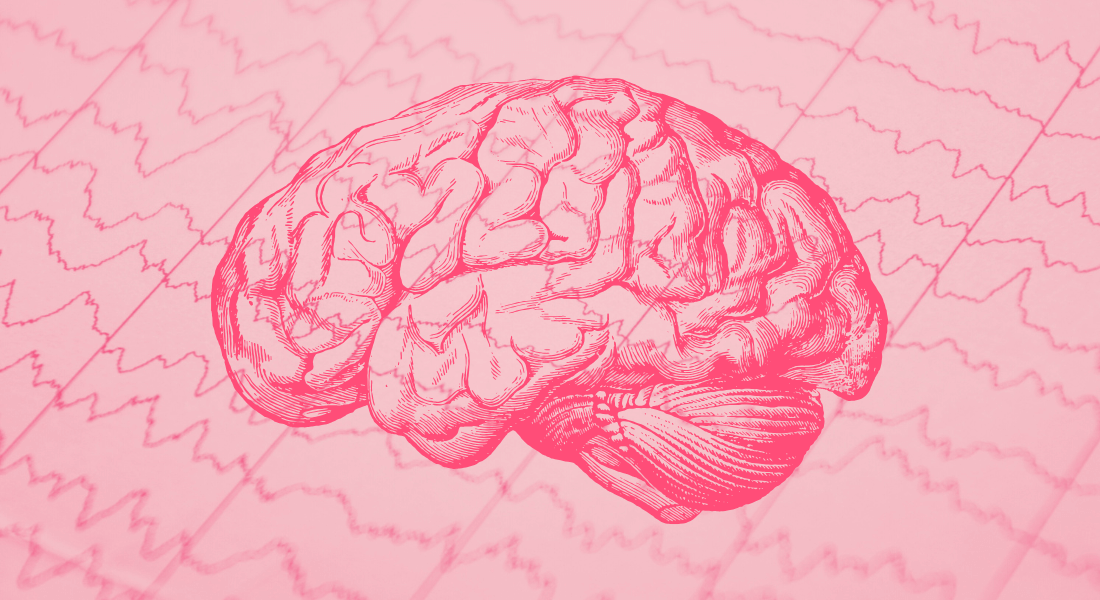Researchers discover the pump for the brain’s ‘washing machine’
When we sleep, waste products are removed from our brain. Now, researchers from the University of Copenhagen have learned what drives the process. Their finding may improve sleep and provide early treatment for brain disorders such as Alzheimer’s disease.

Many people suffer from sleep problems. In fact, a third of the Danish population don’t get enough sleep, and that is a problem, because getting a good night’s sleep is vital to our health.
Key to a good night’s sleep is the process that takes place while we sleep: The glymphatic system is busy removing waste products that have accumulated during the day. That is why the system is also known as ‘the brain’s washing machine’. If you don’t get enough sleep, allowing the system time to remove waste products from the brain, it will affect your memory, learning ability and health.
Previously, researchers were unable to pinpoint the drivers of the glymphatic system. But now, researchers from the University of Copenhagen have identified the underlying mechanism – a sort of pump for the brain’s washing machine.
“It is extremely interesting, because we can use this knowledge to better understand the effect of sleep and prevent sleep-related diseases and neurodegenerative disorders, where the accumulation of waste products in the brain plays a key role,” says Postdoc Natalie Hauglund, who is first author of the new study from the Center for Translational Neuromedicine.
Neurodegenerative disorders are chronic conditions that gradually destroy the brain cells, seen in e.g. Alzheimer’s disease, Parkinson’s disease and ALS.
Specifically, the researchers have shown that certain slow brain waves play a key role in the glymphatic system.
“Slow oscillations in a neurotransmitter known as noradrenaline make the blood vessels in the brain contract and expand. They work like a pump, removing waste products from the brain,” Natalie Hauglund explains.
Finding may help improve sleep
According to Professor Maiken Nedergaard, who has co-authored the study, this finding will give researchers a far better understanding of sleep:
The method
To be able to conduct realistic measurements of the brain activity in mice, the researchers developed a new technique called flow fiber photometry. It enabled them to study the glymphatic system when the mice were awake and asleep. This meant that they didn’t have to use anaesthesia, which would have affected the secretion of noradrenalin and the pumping effect of the blood vessels. This gave the researchers a fuller picture of what happens in the brain during sleep, and the mice were able to move about and didn’t have to be fixated during trials.
“Considering the fact that a large part of the population suffers from sleep problems, this finding is an important step forward. It opens up new possibilities for understanding and treating sleep-related disorders, and it stresses the importance of sleep,” she says.
As part of the new study, the researchers also studied the effect of sleep medication, in this case the active ingredient zolpidem, on sleep quality.
“It is a widely used prescription drug that helps you fall asleep. We found that the noradrenaline level was significantly reduced, and the slow brain waves disappeared, reducing the effect of the glymphatic system. This suggests that the sleep achieved using the sleep medication is not as beneficial as normal, restorative sleep,” Natalie Hauglund says and adds:
“It is important to figure out whether this applies to all sleep medication. This could also help doctors prescribe the right medication to different patients.”
Can we prevent Alzheimer’s?
Previous research has shown that sleep deprivation is associated with dementia. According to Natalie Hauglund, the new finding may eventually help prevent and treat neurodegenerative disorders:
If the glymphatic system does not function properly, it won’t be able to remove all waste products from the brain, and previous research has shown that there is a connection between the accumulation of waste products in the brain and disorders such as Alzheimer’s disease.
“If the glymphatic system does not function properly, it won’t be able to remove all waste products from the brain, and previous research has shown that there is a connection between the accumulation of waste products in the brain and disorders such as Alzheimer’s disease.”
This new insight into the glymphatic system can help researchers show when the glymphatic system doesn’t function properly.
“If we could tell, at an early stage, that the pumping function is faulty, and that the patient is at risk of developing a disorder, we would be able to treat it before the patient falls ill,” Natalie Hauglund says.
Read the study: “Norepinephrine-mediated slow vasomotion drives glymphatic clearance during sleep”.
Contact
Postdoc Natalie Hauglund
natalie.hauglund@dpag.ox.ac.uk
+45 31 13 30 25
Professor Maiken Nedergaard
nedergaard@sund.ku.dk
+45 35 33 22 31
Communications Consultant William Brøns Petersen
william.petersen@sund.ku.dk
+45 93 56 55 80
